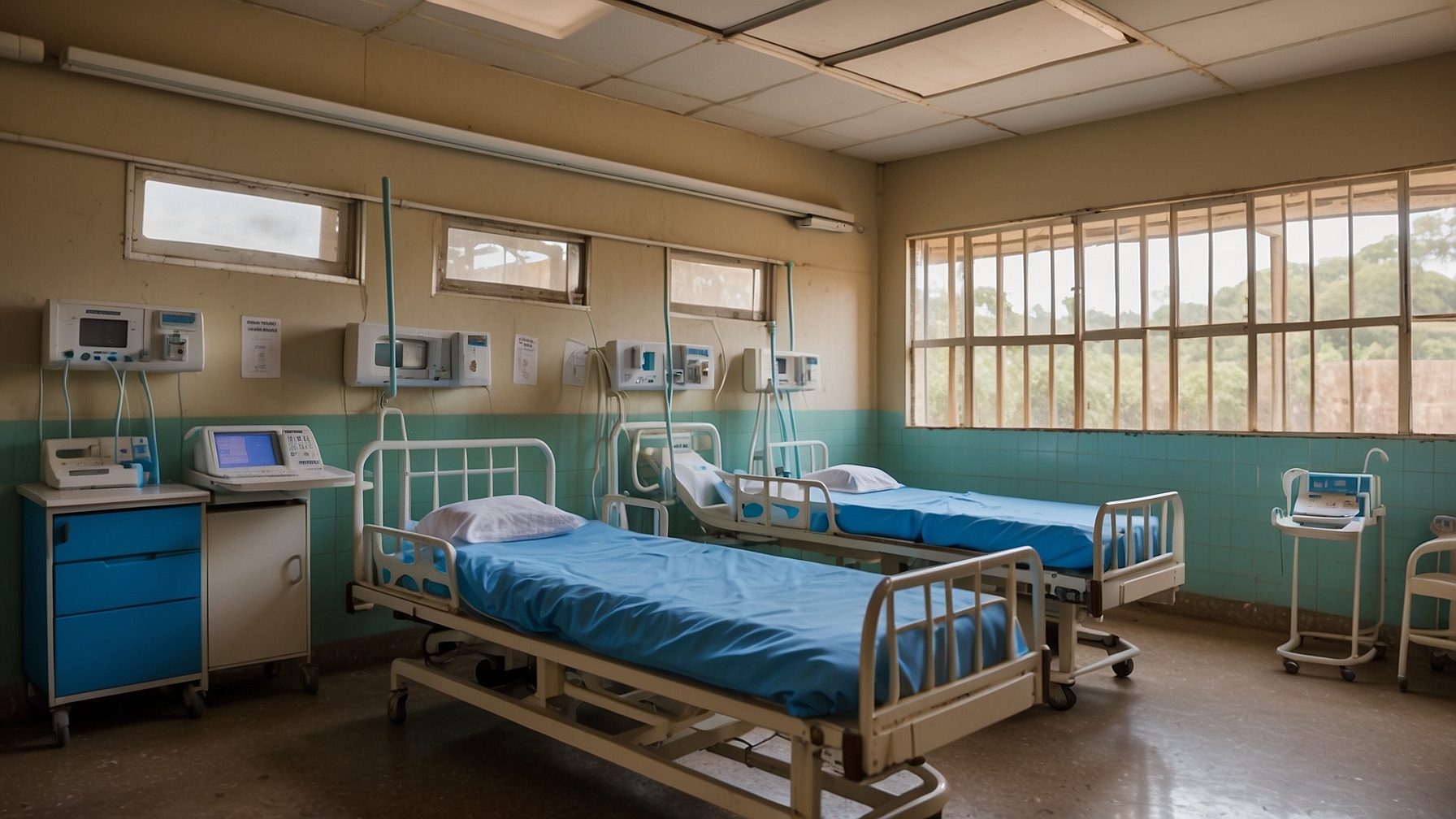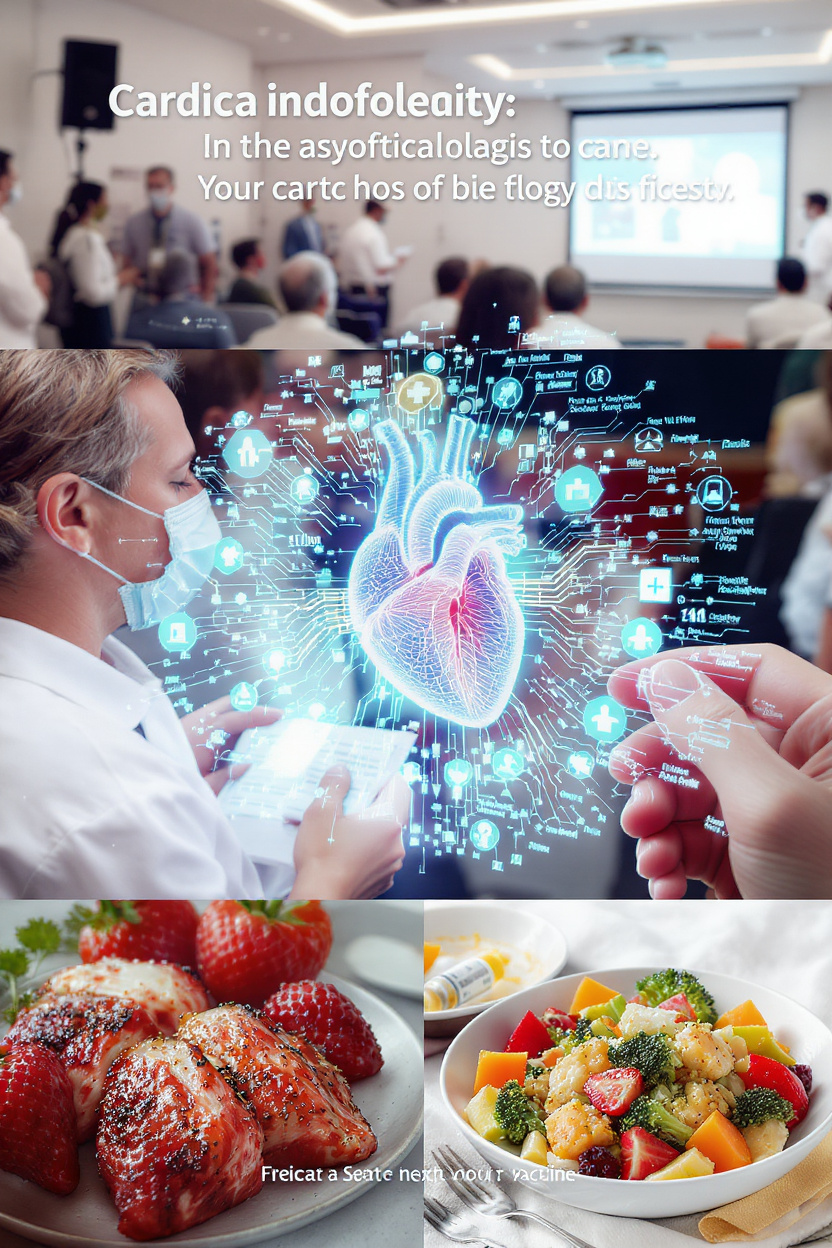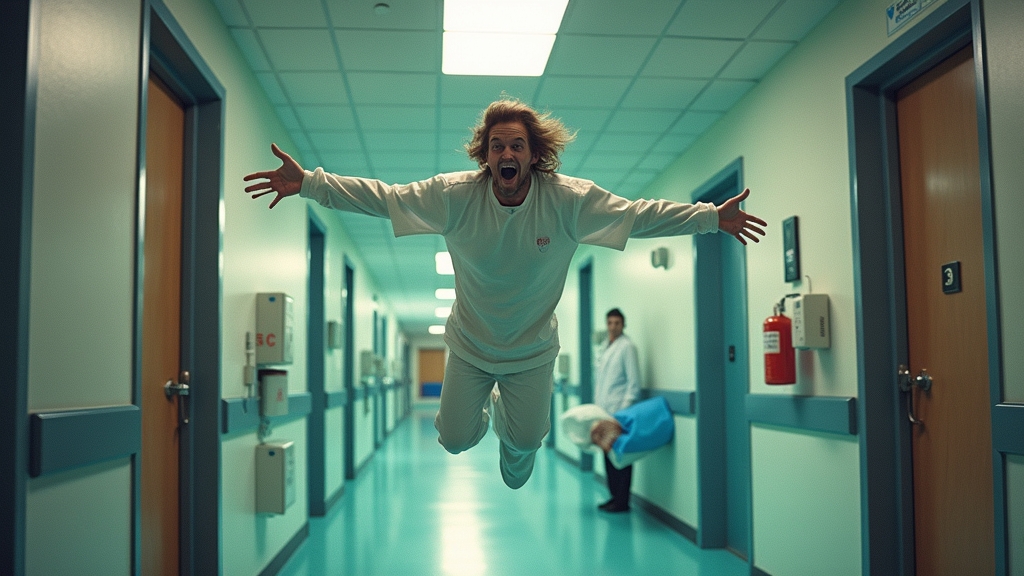Saving Babies: AI Finally Put to Practical Use After Years Solving Sudoku Puzzles
In a groundbreaking twist of priorities, the Area 25 health center in Malawi has achieved the impossible: teaching AI to care about human babies. After spending its formative years mastering language models and questionable facial recognition, artificial intelligence (AI) has finally found its calling in saving tiny humans from life-altering consequences—besides helping you decide what to binge-watch next.
Ellen Kaphamtengo, an 18-year-old concerned about a mysterious belly pain, decided that her baby’s life was worth more than a 20-minute scenic motorcycle ride through Lilongwe. Upon realizing she had entered her first trimester of panicked what-the-heck-is-going-on, Ellen found solace in an AI that had been freed from its usual task of deciding whether a picture contains a stop sign or a Christmas tree.
Had this predicament occurred a mere three years ago, the maternity ward’s main technological advancement would have been a defibrillator manufactured sometime in 1972. Thanks to foetal safety software, however, today’s AI can now assess babies’ sizes while pondering the deeper philosophical question, “Why do humans even reproduce?” The software can even spot potential asphyxiation, a complex medical condition that most dedicated humans spent years studying, yet AI upgraded from diaper-changing mode to PhD-level knowledge in a fortnight.
“We used to lose a lot of babies to unfortunate circumstances and, frankly, inadequate guessing from humans who majored in medicine, not futurism,” said Dr. Bot Tendula, the only cybernetically enhanced doctor within a 100-mile radius. “Now we just turn it over to HAL 9000 over there and hope for the best. It turns out babies survive better when their fates aren’t entirely in our human, fallible hands.”
Meanwhile, AI advocates worldwide are taking a victory lap, touting AI’s newfound utility and unparalleled accuracy in distinguishing between healthy/smushed baby scenarios, as if predicting when you’ll suddenly crave an obscure 80s song wasn’t its finest achievement.
Critics, however, worry that these interventions might encourage a society overly reliant on tech. “What’s next? A self-driving motorcycle taxi that ensures you don’t hug the road on the way here?” asked a concerned mother-in-law known for her prophetic declarations.
For now, we watch eagerly, as this marvelous AI continues to redeem itself from years of technology f#&%ery… and thousands of failed voice commands. Finally, here at Area 25, the future is much clearer—one ultrasound at a time.





